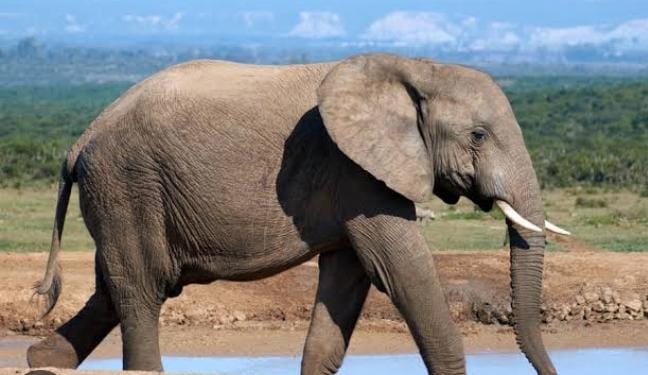Indian police have registered a case against Twitter and prominent journalists for allegedly trying to spark communal tensions.
Police say the journalists falsely insinuated that a Muslim man was beaten by Hindu men while sharing a video of the alleged incident on Twitter. Officials added that the man was beaten up by both Hindu and Muslim men due to a dispute.
Most journalists have deleted the tweets but Twitter is yet to comment.
What is alleged to have happened?
The video, which went viral around 7 June, shows around five men beating up an elderly Muslim man in Ghaziabad district of Uttar Pradesh.
The men can also be seen cutting Abdul Samad’s beard. The video, which has no audio, was shared by many, including journalists Rana Ayyub, Saba Naqvi and Mohammed Zubair.
On the same day, another video of Mr Samad went viral in which he accused the men of making him chant Jai Shri Ram.
But police said that there was no religious angle to the incident and the men who beat up Mr Samad have been arrested. Officials added that Mr Samad provided amulets to people to bring luck and prosperity. They added that the men who beat him up were upset because he failed to bring them luck.
Akhilesh Kumar Mishra, the investigating officer, said that he was also considering filing a case against Mr Samad for allegedly giving a misleading statement.
Ms Ayyub said she had tweeted the video after reading and seeing news reports about the alleged incident which took place on 5 June.
Mr Zubair deleted the video saying Mr Samad’s allegations were not adding up.
India’s new IT rules, which came into effect from 26 May, make it mandatory for social media and OTT platforms to appoint a grievance officer who will be empowered to removed content when requested by law enforcement and judicial bodies.
In addition, they would have to track the originator of a particular message if asked by a court or the government. Platforms like Twitter, Facebook and Whatsapp were given three months in February to comply with these rules.
Complying with new laws is essential for these companies to maintain their status as “intermediaries”. The status protects them from criminal prosecution in case any content posted by their users violates any laws.
Critics say the new laws are aimed at curbing freedom of expression in India, but the government denies this.
Reports suggest the latest case has been filed against Twitter after it lost its “safe harbour” protection as an intermediary, due to non-compliance. But neither the government nor Twitter has confirmed this.
Twitter had not received any such order from the government. Amid the debate around the case, India IT minister Ravi Shankar Prasad sent a series of tweets to criticise the social media platform for not complying with the new rules.
“It is astounding that Twitter which portrays itself as the flag bearer of free speech, chooses the path of deliberate defiance when it comes to the Intermediary Guidelines,” one of his tweets read.
Twitter said in a statement that it was keeping the IT ministry “apprised of the progress at every step of the process”.
“An interim chief compliance officer has been retained and details will be shared with the ministry directly. Twitter continues to make every effort to comply with the new guidelines,” it said.
The social media giant had expressed concerns over some sections of the new rules.
It had earlier said it was “particularly concerned about the requirement to make an individual (the compliance officer) criminally liable for content on the platform, the requirements for proactive monitoring, and the blanket authority to seek information about our customers”.
Source: bbc.com




